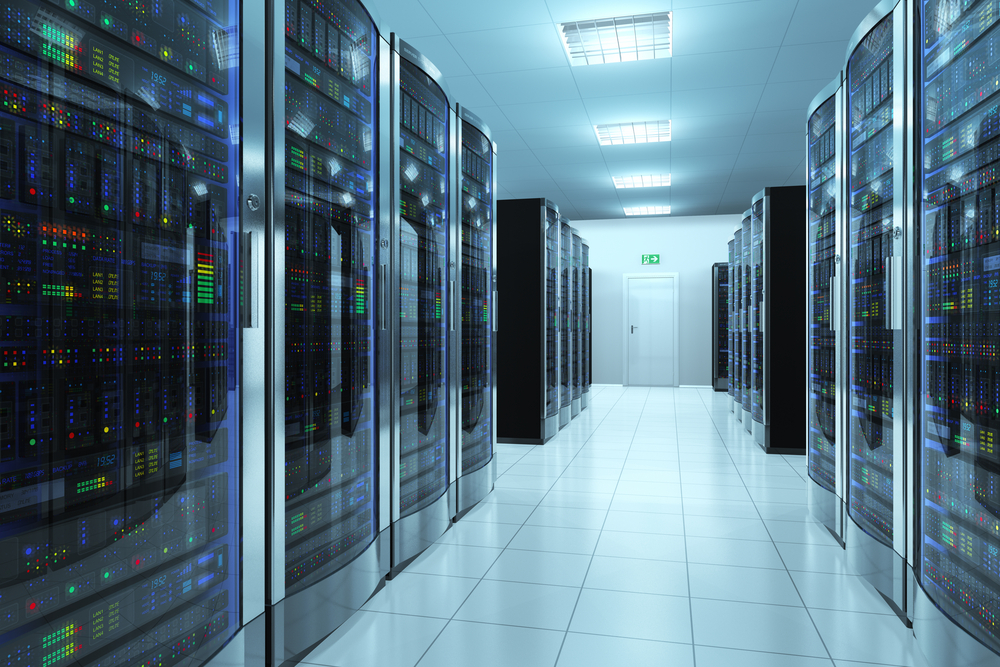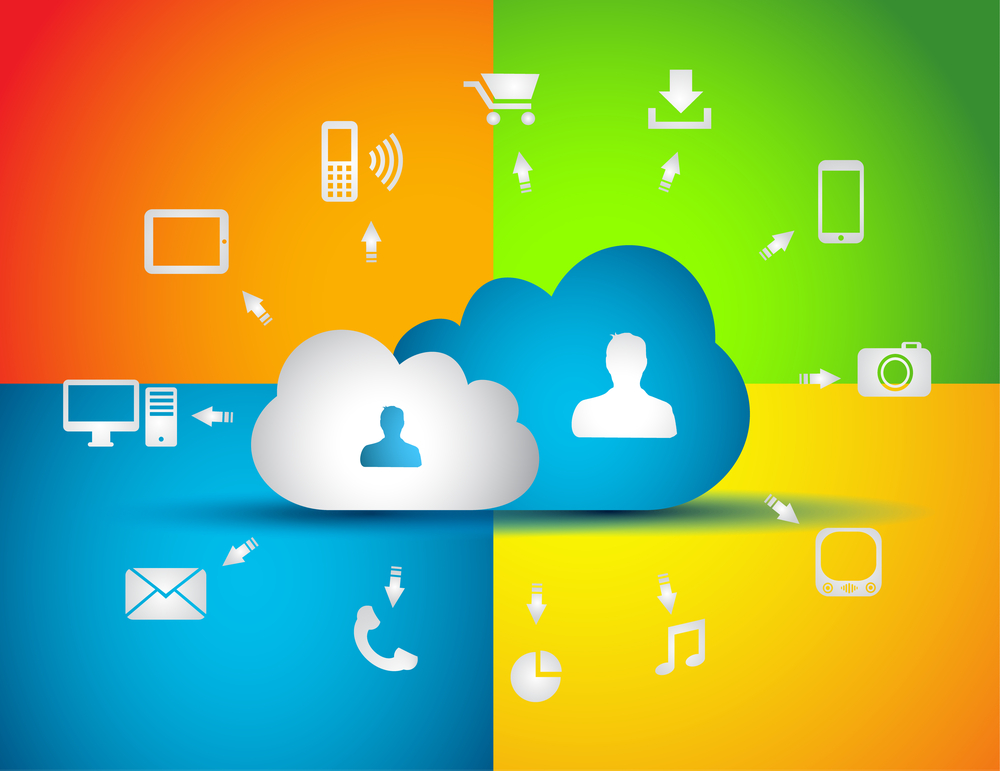Wooden Spoon: Blog

Do I Need a Server? Pros and Cons of Dedicated & Cloud Servers
A server is a computer system that allows users within your business to access documents, software applications, or other resources via one central network hub, and allows you to manage users’ access to such things.
If your team regularly collaborates on project documents, or if multiple people in your business need to have access to the same documents, data sets, or resources, then you might benefit from having a server.
Some common software applications, like QuickBooks or other accounting packages, require a server if more than one person needs access to that application. However, thanks to the rise of cloud computing, many businesses have been able to utilize cloud-based solutions to deliver server-like functionality rather than maintaining a local server.
The question is, which option is right for you?
The Pros and Cons of Having a Server
The first thing you need to recognize is that many businesses are unique where usage patterns and data storage needs are concerned. As a result, there is no “one size fits all” solution for these issues, and thus no easy answer to a question like “Do I need a server?” Ultimately, you will have to decide for yourself whether having a server makes sense within your enterprise.
To make that kind of decision, though, you will need to understand some of the pros and cons of having a server in the first place.
The Benefits of Having A Server
- When you have a server, you have a computer that runs 24 hours a day, seven days a week, 365 days a year. Your server not only provides a spot for you to store documents, but can also be used to enable network sharing of devices (such as printers or fax machines) and key business applications, and support overall network security.
- Some businesses—particularly small ones—will try to get away with using PCs as their servers. While it is possible to use a PC to deliver some server-like functionality, it cannot provide the full value of a true server. A true server should be able to run all the time, should have multiple hard drive slots (allowing for data backup and redundancy), and should be ready to scale to future growth. A PC might act convincingly enough as a server for a very small office, but it is not reliable enough to be used as a server in the long term—especially in a growing enterprise.
- Ultimately, the biggest benefits of a server are convenience and reliability. Having one central repository to manage the identity of all users and to store all company files, application data, and other resources ensures that every team member will have access to what they need when they need it. Additionally, a professionally configured server is backed-up continuously and runs consistently, meaning that your team will always be able to access files and other resources—even if a hard drive or the entire server crashes.
The Drawbacks of Having a Server
The biggest drawbacks to having a server, as you might expect, have to do with cost and maintenance.
- It costs money to purchase the server hardware and software and components to make it work. Installation, setup, and maintenance (including troubleshooting, updates, and ongoing monitoring), are highly technical and often time-consuming tasks that typically require ongoing IT support.
- Physical space may also be a constraint to having an on-site server. Servers are typically larger and can be noisier than smaller computers. They also require some degree of temperature control to run at peak performance, and ought to be secured in a locked room, or at least a locked server rack.
- If your company doesn’t have an IT team or sufficient space to house a server, having a server—at least an on-premises server—might not be a realistic option.
Server Alternatives

However, just because you don’t have an on-site server doesn’t mean that you can’t reap the benefits previously delivered exclusively from on-site servers. On the contrary, now there are various options for using cloud-based services for file storage and sharing, printer management, user identity management, and an ever-expanding list of commonly used applications.
Office 365
For example, Microsoft’s popular Office 365 family of collaboration services is designed to provide many of these functions and can be used to help eliminate the need for an on-site server. Even so, if you need access to applications like QuickBooks or other Line of Business (LOB) software, you may either need to consider using a web-based version (which may or may not suit your company’s needs) or consider other options for continuing to use the desktop version of the software (that’s another story for another blog post).
Dedicated Server Hosting
Another option may be dedicated server hosting. When you opt for dedicated server hosting, you are just renting the use of an off-site server from another company. This server will be entirely dedicated to your business, just like any on-premise server would. You can still use the server as a central file repository or as the hub for your company email system; it’s just in a building, likely a large commercial datacenter or “server farm”, somewhere else instead of in your office.
Note that a dedicated server is not the same thing as a cloud server (although a cloud server is an option that your company might want to consider as well). With a cloud server, you are sharing server space with other entities in a virtualized storage environment. With a dedicated server, you get your own server. For your end-users, the experience will be similar, as you manage both types of servers remotely. However, the distinction is worth understanding.
Cloud-Based Options
Lastly, it is work noting that cloud-based options may require additional Internet bandwidth. If you are considering such a solution you may need to consult with your Internet service provider to evaluate your options.
Make Your Business Hassle-Free With a Server Upgrade
With a dedicated server or cloud server, you save your business the cost and hassle of having to buy, install, maintain, and upgrade an on-premise server. Some companies still prefer to operate their own servers—whether due to compliance concerns or simply because they have done so for so long and are used to it. However, cloud hosting and dedicated server hosting are especially popular for small or medium-sized businesses that don’t have the cash or IT resources to manage on-premise servers.
Ultimately, most companies can benefit from having a server of some sort. The bigger question is about which type of server is right for your business.
For help finding the answer, get in touch with Wooden Spoon today.







